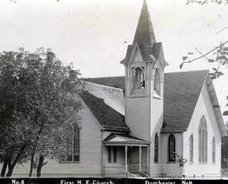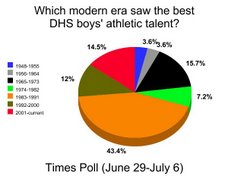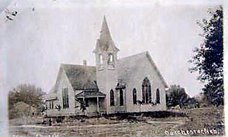Nearly a century ago, populist Nebraska Sen. George Norris worked to establish the Cornhusker State’s public power system.
Norris believed publicly owned electric generation and transmission would mean less expensive electricity compared to that produced and delivered by shareholder-owned utilities. Because of Norris' influence, no private electric utilities have operated in Nebraska since the late 1940s.
Nebraska law specifically states that electric service shall be provided at as "low overall cost as possible, consistent with sound business practices."
Despite some clear advantages, public power brings with it some downsides; one of them is an entrenched, well-paid bureaucracy that faces little public scrutiny or transparency, especially when it comes to their compensation.
The Flatwater Free Press -- a next-generation publication, like the Dorchester Times -- recently published the annual salaries of Nebraska's highest paid public employees. The list shows that 21 of the two dozen top-paid public employees are employed by public power.
Here's just a handful of individuals who made the list:
- John Dent, Executive VP & Chief Nuclear, Nebraska Public Power District, $1,308,780
- Thomas Kent, President & CEO, Nebraska Public Power District, $967,113
- Luis Fernandez, President & CEO, Omaha Public Power District, $764,330
- Khalil Dia, Site Vice President, Nebraska Public Power District, $708,477
- Kevin Wailes, Chief Executive Officer, Lincoln Electric System, $585,042
- Billy Chapin, General Manager of Plant Operations, Nebraska Public Power District, $473,883
- John McClure, Executive Vice President External Affairs, Nebraska Public Power District, $454,942
- Jeffrey Bishop, Vice President-Fin Srvcs & CFO, Omaha Public Power District, $450,780
- Troy Via, COO & VP Utility Operations, Omaha Public Power District, $434,239
- Kathleen Brown, VP & CIO -Bus Tech & Build Srvcs, Omaha Public Power District, $429,556
These executives aren't working at for-profit companies; they are employed by regulated, consumer-owned, public entities.
The next time you see your elderly parents or grandparents struggling to pay their electricity bill, remember these salaries. Think about who is paying for this excess compensation and how it's hurting the public's bottom line.
Mr. Norris is rolling in his grave.



















































Try living in an area where the power is privately owned and operated - the rates are considerably higher and the service is garbage. Those people in those roles you mention are doing a job that most of us couldn’t even fathom doing.
ReplyDelete